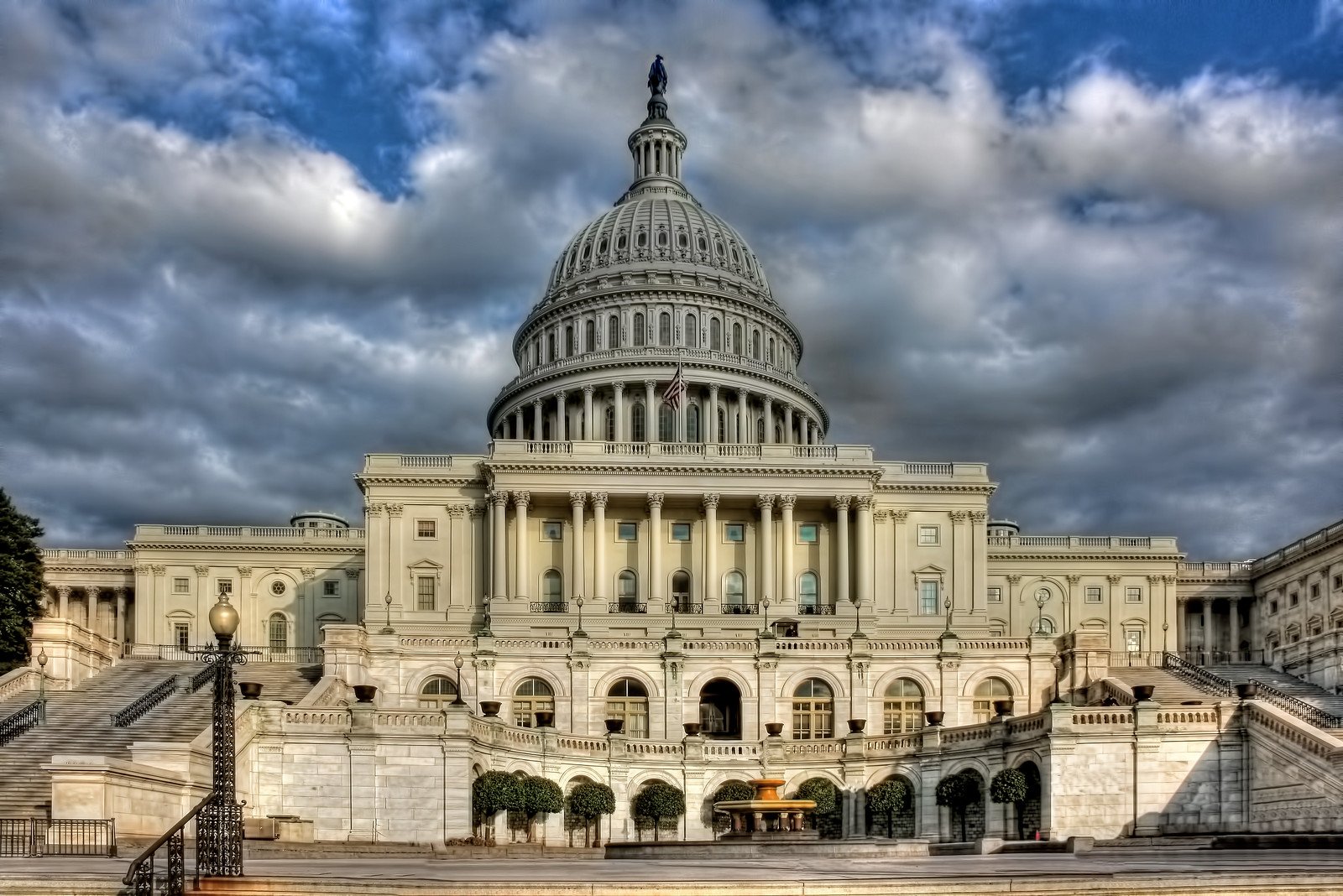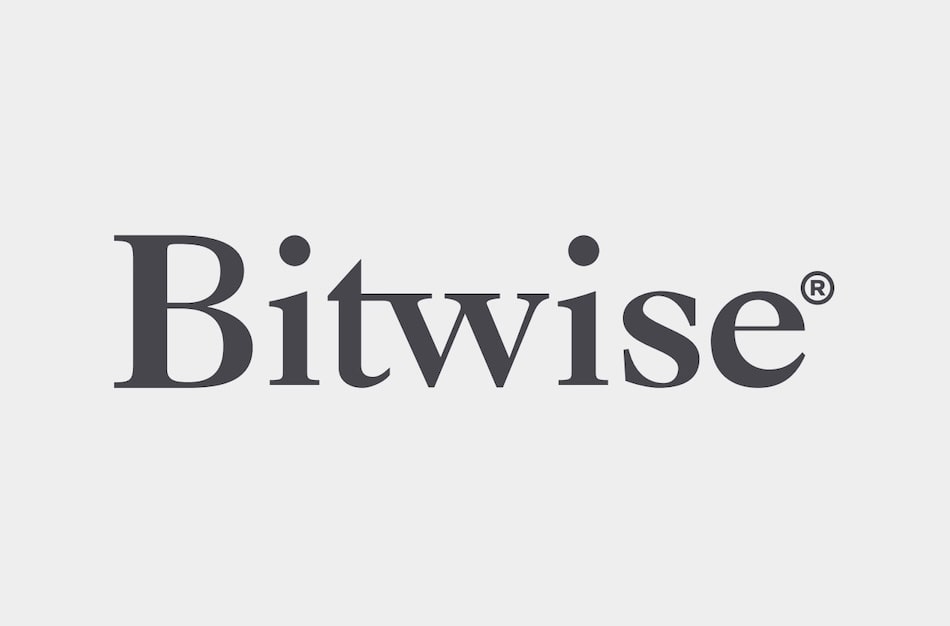
Key Takeaways
- Connecticut unanimously passed a law prohibiting state and local investment in bitcoin or any digital currency.
- The law imposes strict compliance, reserve, and parental consent requirements on digital asset businesses.
- Other states, like Texas and Arizona, are moving in the opposite direction by creating bitcoin reserves for public funds.
Connecticut has passed HB7082, a law that prohibits all state and local government entities from accepting, holding, or investing in bitcoin or any other digital currency.
The legislation, officially titled “An Act Concerning the Regulation of Virtual Currency and State Investments,” received unanimous support in both the House and Senate, with zero opposing votes.
Details of the law
The new law extends beyond investment restrictions, also barring the creation of a bitcoin reserve—a move some other states have embraced.
Additionally, HB7082 introduces rigorous requirements for digital asset businesses operating in Connecticut.
These include strict anti-money laundering (AML) compliance, 1:1 reserve requirements for bitcoin custodians, and mandatory parental consent verification for users under 18 engaging with digital assets.
Businesses handling bitcoin transactions must now provide users with clear disclosures about risks and fees and issue receipts detailing each transaction. No business can allow a minor to use a money-sharing app without verified parental approval.
Diverging state approaches
While Connecticut tightens oversight, states like Texas, New Hampshire, and Arizona have moved to create bitcoin reserves, seeking to invest public funds in bitcoin.
Texas, for example, has called bitcoin a “forward-thinking investment opportunity.”
Lawmakers in Connecticut say the law is intended to protect public funds from financial risk, citing the volatility of bitcoin as a reason to exclude it from state investments.
As Matt Hougan, CIO of Bitwise, commented:
“The hedge fund managers got so upset they couldn’t beat Bitcoin…”
Other states, such as Florida and South Dakota, have rejected or vetoed similar bitcoin bills, while Louisiana is forming a committee to research digital assets.




